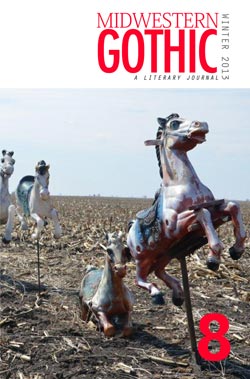Wool: 2013 Book #2
 4 out of 5 stars
4 out of 5 stars
Wool is the kind of book I can more or less devour – particularly because this book has a strong beginning, I can see why there was demand for the Howey to keep the story going after releasing the first novella/short story in the Omnibus.
I think the book’s strength is how quickly Howey is able to get you invested in the characters. No spoilers, but I thought the author took a couple of huge risks in the first two sections of Wool, but he pulled it off while managing to lead into the main character’s arc deftly.
This intense character development almost masks the strength of his world building, which is top-notch. At no point did this post-apocalyptic universe, contained within a subterranean concrete silo, feel contrived or unrealistic. The concept hangs together tightly, and small details are revealed over time, never too much or too little, and everything is in service of the characters and the plot.
Once you arrive in sections 4 and 5, I did find the book weakened a bit, as he shifted from keeping each section focused on a single character to a multi-character point of view. The story seemed to lose a little bit of its focus and “oomph” at that point, but overall I still loved this post-apocalyptic slice of what could very easily be a much, much larger universe of fiction with loads of new stories waiting to be told, should Howey be so inspired.
I wouldn’t hesitate to recommend this book to sci-fi fans or post-apocalyptic fiction fans, and I’d even try and foist it upon my non-genre readers too. I think it does that good a job of rising above its genre.


